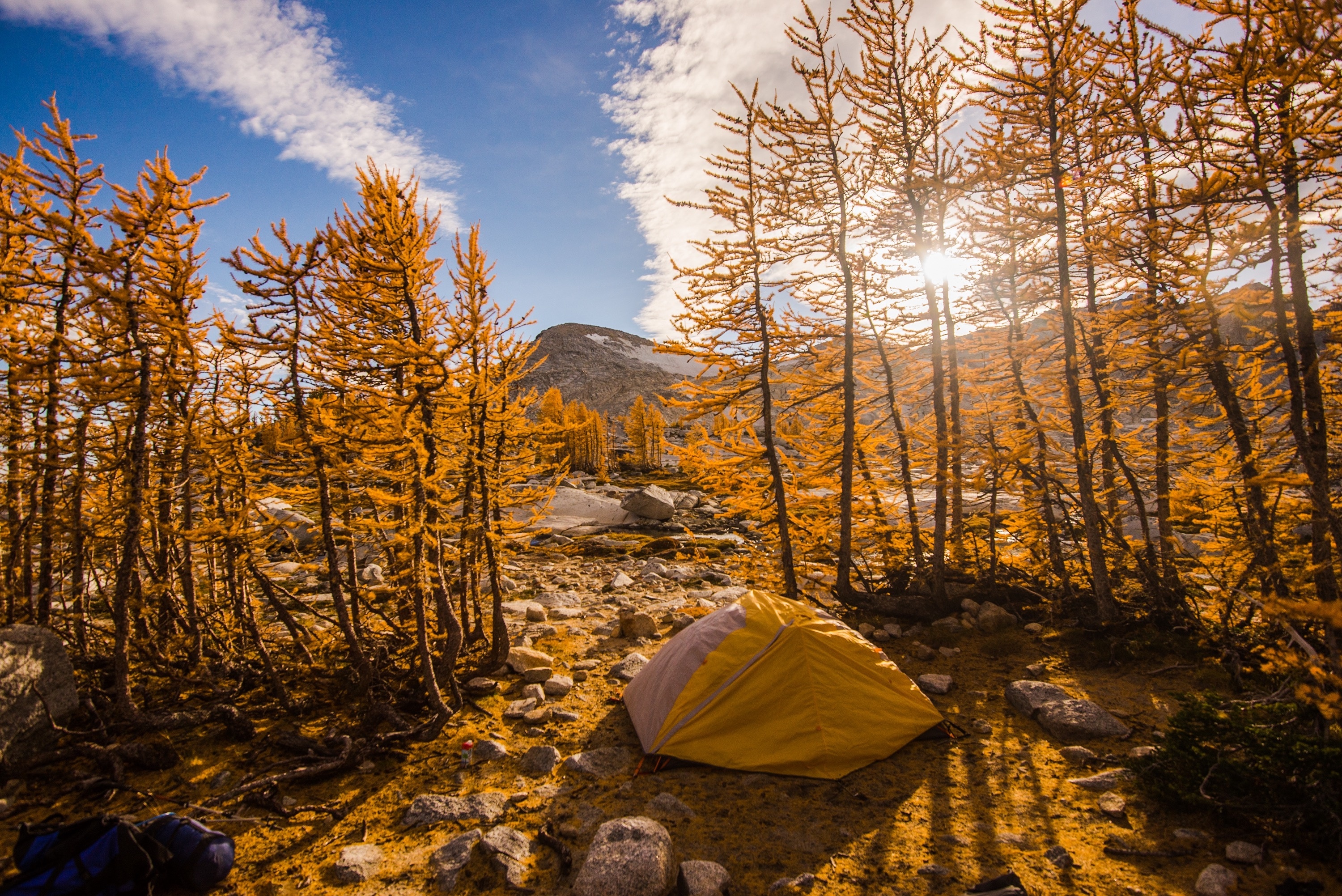Camping is a fantastic way to unwind, connect with nature, and make lasting memories. But to ensure a safe and enjoyable experience for yourself and others, there are a few fundamental rules to keep in mind. Whether you’re heading to a popular campground or a remote wilderness spot, following these essential guidelines for camping etiquette will help you camp responsibly and respectfully. Here’s everything you need to know to be a considerate campground neighbor.
5 camping rules you should know

Depending on the campground you visit, some of these might actually be written rules — but regardless of whether a campground spells it out or not, you should always follow these guidelines.
Respect quiet hours
Many campgrounds have designated quiet hours, but even if your campsite doesn’t have them, minimize your noise. Typically, these quiet hours are observed during nighttime and early morning to allow everyone to rest undisturbed. Be considerate of your fellow campers and avoid loud conversations, music, or any disruptive activities during these hours.
If you arrive at the campground late at night or need to leave early in the morning, take extra care. If you require lighting during quiet hours, opt for low-intensity options such as lanterns, headlamps, or ambient lighting that won’t disturb neighboring campers. Close car doors gently, and refrain from starting loud engines until it’s really time to get out of dodge.
Respect campsite boundaries
Each camper is assigned a designated campsite, so avoid intruding on neighboring sites unless invited. This ensures privacy for all campers and allows everyone to enjoy their personal space. Keep track of your rambunctious pets and kids, and make sure that they understand that they don’t own the campground.
Keep paths and roadways clear
Personal space isn’t the only thing that you should consider. Avoid positioning your vehicle in a way that obstructs others’ views of a landmark or encroaches on their space. Do your best to stay within the limits of your campsites, and keep all of the paths and roadways clear. If the tree line on one side of your site is thinner than the other, consider parking your vehicle there for an extra measure of privacy.
Respect common spaces
Campgrounds often provide communal facilities such as bathrooms, showers, cooking areas, and recreational spaces. When using these communal spaces, always clean up after yourself. Dispose of trash properly, wash dishes thoroughly, and leave the area tidy for the next person to use. Also, avoid monopolizing common spaces for extended periods. Be mindful of others waiting to use facilities, and limit your usage time to allow fair access for all campers.
Lastly, familiarize yourself with any specific rules or guidelines set by the campground management regarding the use of common spaces. These guidelines may include reservations, usage restrictions, or designated operating hours. Police yourself and your camping party so that the campground staff don’t have to.
Leave no trace
The principles of leave no trace are fundamental. They’re great for hiking trails, but they’re just as important for camping. Dispose of your waste properly by using designated receptacles or following campground guidelines. Pack out any trash that cannot be properly disposed of on-site, including food scraps, packaging, and other non-biodegradable items.
Take care to minimize your impact on the natural surroundings. Avoid damaging plants, trees, or other natural features. Stay on designated paths and trails to prevent erosion and disturbance to fragile ecosystems. If campfires are allowed, follow campground rules and guidelines for their use. Always use designated fire rings or pits and ensure the fire is completely extinguished before leaving the campsite.
How to handle bad camping neighbors

If you camp frequently, encountering a bad neighbor is bound to happen. Whether it’s disruptive music well into the early hours of the morning or roaming pets, it’s important to approach these situations with care. First, stay calm and assess the situation. Sometimes, all it’s going to take is a friendly approach, so if you feel comfortable, approach your neighbors with a friendly attitude and politely request what you need. Most of the time, campers want to be good neighbors and might not realize that they’re causing an issue. However, if that doesn’t solve it, you can always involve the camp host or ranger who can enforce campground rules.
Camping is more than just setting up a tent and spending time in nature. By learning the unspoken rules of




